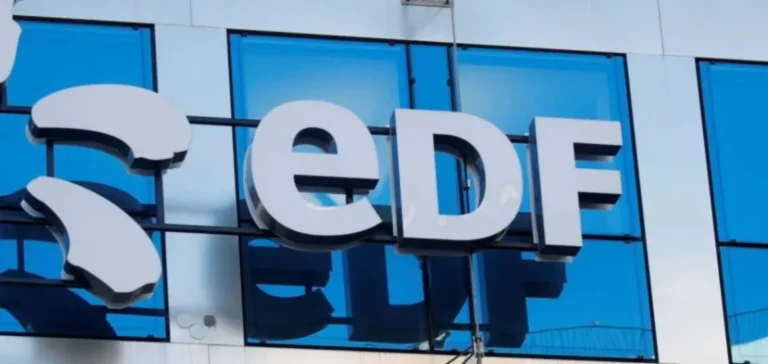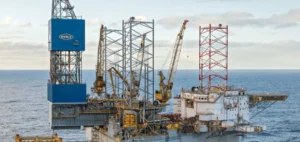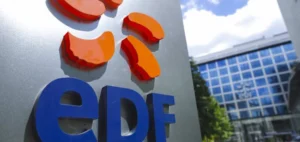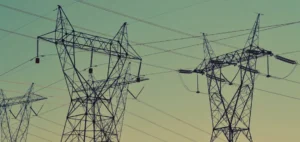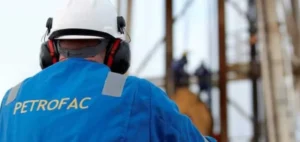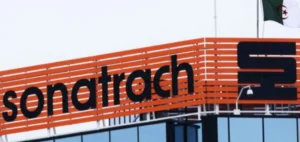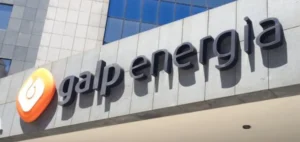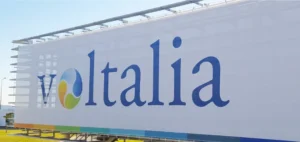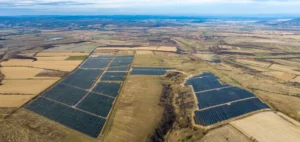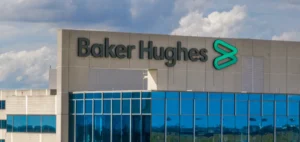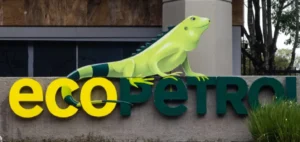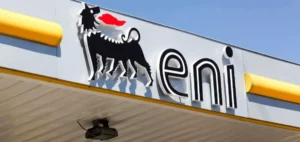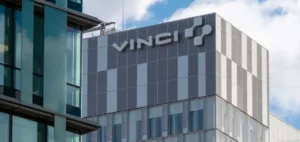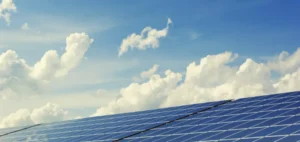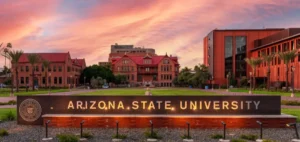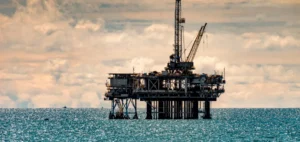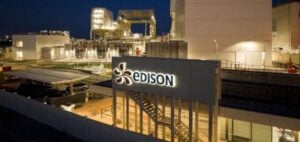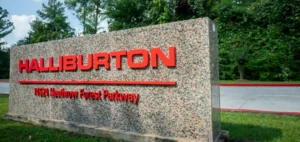The state-owned utility Électricité de France (EDF) reported a net profit of €5.47bn ($5.94bn) for the first half of 2025, marking a 22% decrease from the same period last year. This drop is mainly attributed to falling wholesale electricity prices, despite a 2.5% increase in nuclear output. The group’s revenue declined by 1.28% to €59.43bn ($64.51bn), while earnings before interest, taxes, depreciation and amortisation (Ebitda) fell 17.11% to €15.5bn ($16.83bn).
New leadership and strategic realignment
These results were presented publicly for the first time by Bernard Fontana, who was appointed Chairman and Chief Executive Officer of EDF in May. An engineer by training and former Chief Executive of Framatome, he was tasked with leading the revival of France’s nuclear programme, which includes the construction of six new EPR2-type reactors. Fontana described the half-year performance as “solid”, highlighting a €4.4bn ($4.78bn) reduction in group debt, which now stands at €50bn ($54.29bn).
To support this recovery strategy, EDF is targeting internal organisational simplification and operational performance gains. The company has launched a general cost-saving plan of €1bn per year by 2030. Bernard Fontana stressed the importance of shortening project execution times and reducing interface complexity to improve industrial efficiency.
International investment repositioning
EDF is now applying a more selective approach to international investments, particularly in renewables. When asked about potential asset disposals in wind and solar in the United States and Brazil, Bernard Fontana spoke of a “portfolio breather” without confirming any timeline or specific targets. This repositioning aligns with the company’s focus on domestic priorities, including the nuclear expansion.
At the same time, the group is adjusting its commercial strategy in response to the planned end of the regulated access to historic nuclear electricity (ARENH) mechanism, scheduled for January 2026. EDF is now targeting large industrial consumers with medium and long-term power supply contracts.
Industrial agreements and land value optimisation
Recent memorandums of understanding have been signed with chemical companies Arkema and Kem One. A ten-year contract was concluded with Aluminium Dunkerque, the country’s largest industrial electricity consumer. These agreements aim to ensure stable volumes for EDF while securing energy needs for the firms involved.
In addition, EDF has selected two operators to develop data centres on land it owns in Seine-et-Marne and Moselle. The projects were awarded to Opcore, a joint venture between Iliad Group and InfraVia, and to the company Eclairion. These developments aim to optimise the company’s land assets within its broader strategic shift.


